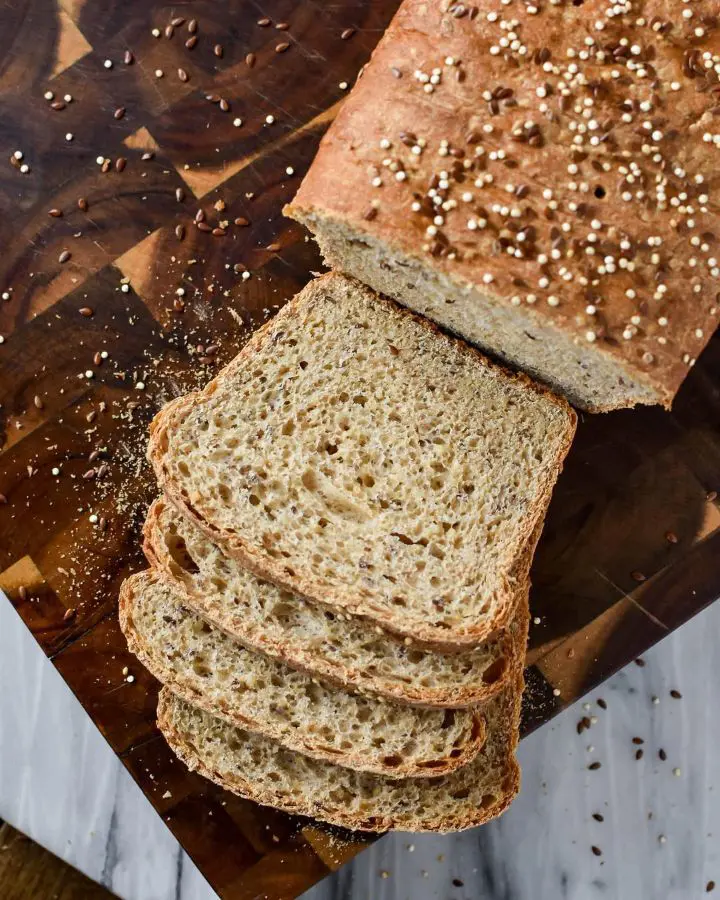Is Olive Oil Good For You? 12 Impressive Health Benefits And Uses
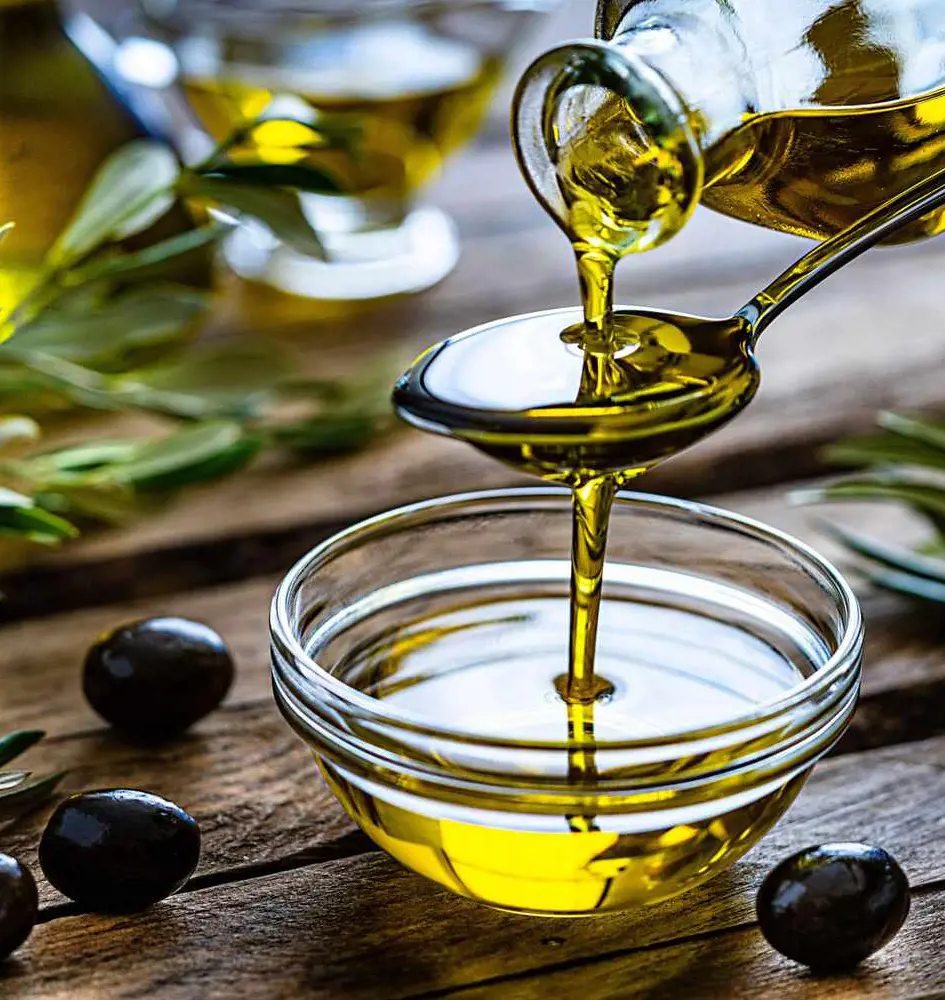
This post may contain affiliate links. If you make a purchase through links on our site, we may earn a commission.
Unlike dairy fats, the main dietary fat in the USA, olive oil makes the most consumed fat in the Mediterranean diet. Whichever form of the olive oil you are fan of, including regular, refined, virgin or extra virgin olive oil (EVOO), all are nutritious and guess what, EVOO ranks first on the series.
Widely respected in nutrition circles, the benefits of olive oil is attributed to its components like oleic acid, oleocanthal, hydroxytyrosol, and phytosterols. To relish on the benefits, all you need to do is make olive oil part of your dips, salads, sauces, and pasta.
1. Rich In Healthy Fats
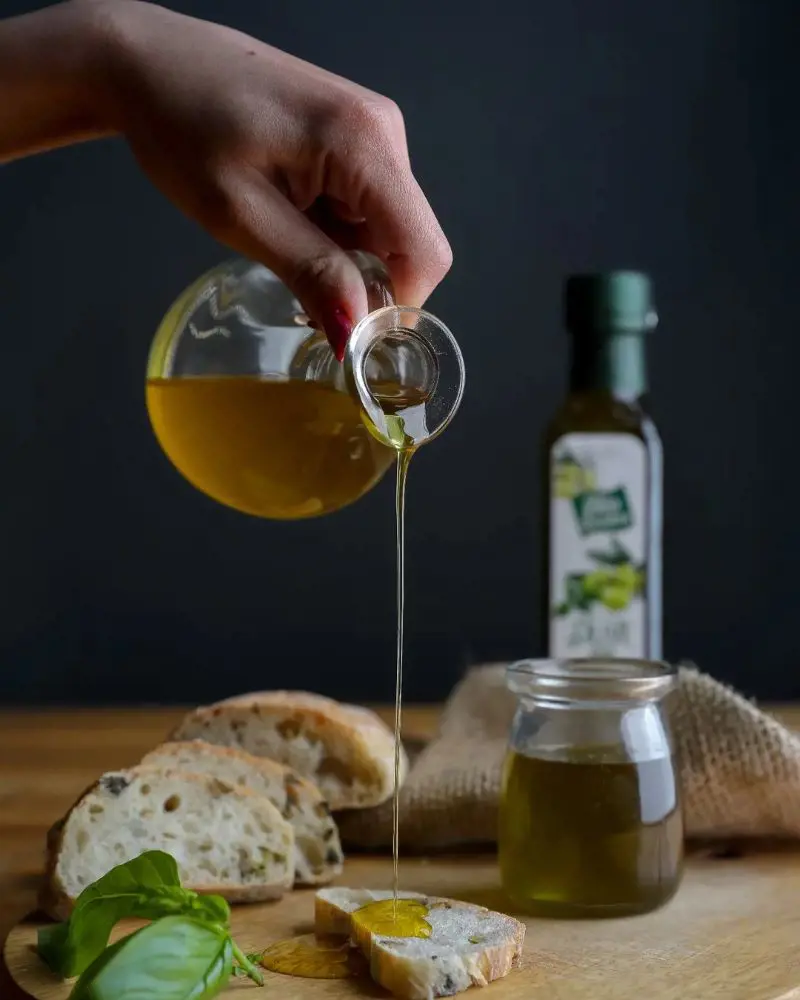
Being fat from plant sources, olive oils are rich in healthy monosaturated fats. A total of 73% monosaturated fat makes this oil. The rest 14% is saturated fat and 11% is polyunsaturated fat which includes healthy omega-9,-6, and -3 fatty acids.
Among different components, oleic acid is a very beneficial compound that can stop the overreacting immune system. This healthy fat is also good for heart health as it can reduce bad cholesterol levels. Omega-9,-6 and -3 fatty acids present in olive oil on the other hand are proper fats for brain and body functions.
2. Antioxidant Rich

Olive oil is a powerful antioxidant food. When consumed regularly, olive oil can significantly help cells maintain their vitality hence reducing the risk of cancer, heart disorders and other chronic diseases.
- Oleocanthal: It's a phenolic antioxidant that prevents immune response exaggeration, it works similarly to anti-inflammatory medications.
- Hydroxytyrosol: It is a powerful polyphenol that helps calm hyped-up immune response, offers antimicrobial properties, lowers stress on cells caused by free radicals, and works as a guard for protecting the blood-brain barrier.
- Phytosterols: It's another vital nutrient that you can find in olive oil and also in different fruits and vegetables. It's similar to cholesterol and acts as a contender against the absorption of unhealthy cholesterol.
- Vitamin E: A tablespoon of olive oil has about 1.9mg of vitamin E. This is a high value, talking about its function, it is a type of antioxidant protecting the health of sensitive eye and skin cells.
3. Reduce Type 2 Diabetes Risk

If you are attempting to prevent or handle type 2 diabetes, having healthy fats is a vital dietary component. Some studies show that including olive oil reduces fasting blood sugar and lowers the risk of developing diabetes. All the beneficial fats assist in slowing glucose absorption into the bloodstream, which can manage blood sugar levels.
The monounsaturated fat, oleic acid, prevents the developments of insulin resistance and helps insulin function optimally. This is totally different from the fat sources high in saturated fats which aid in promoting inflammation and have a harmful influence on the insulin-creating cells of the pancreas, beta cells.
4. Has Anti-Cancer Properties
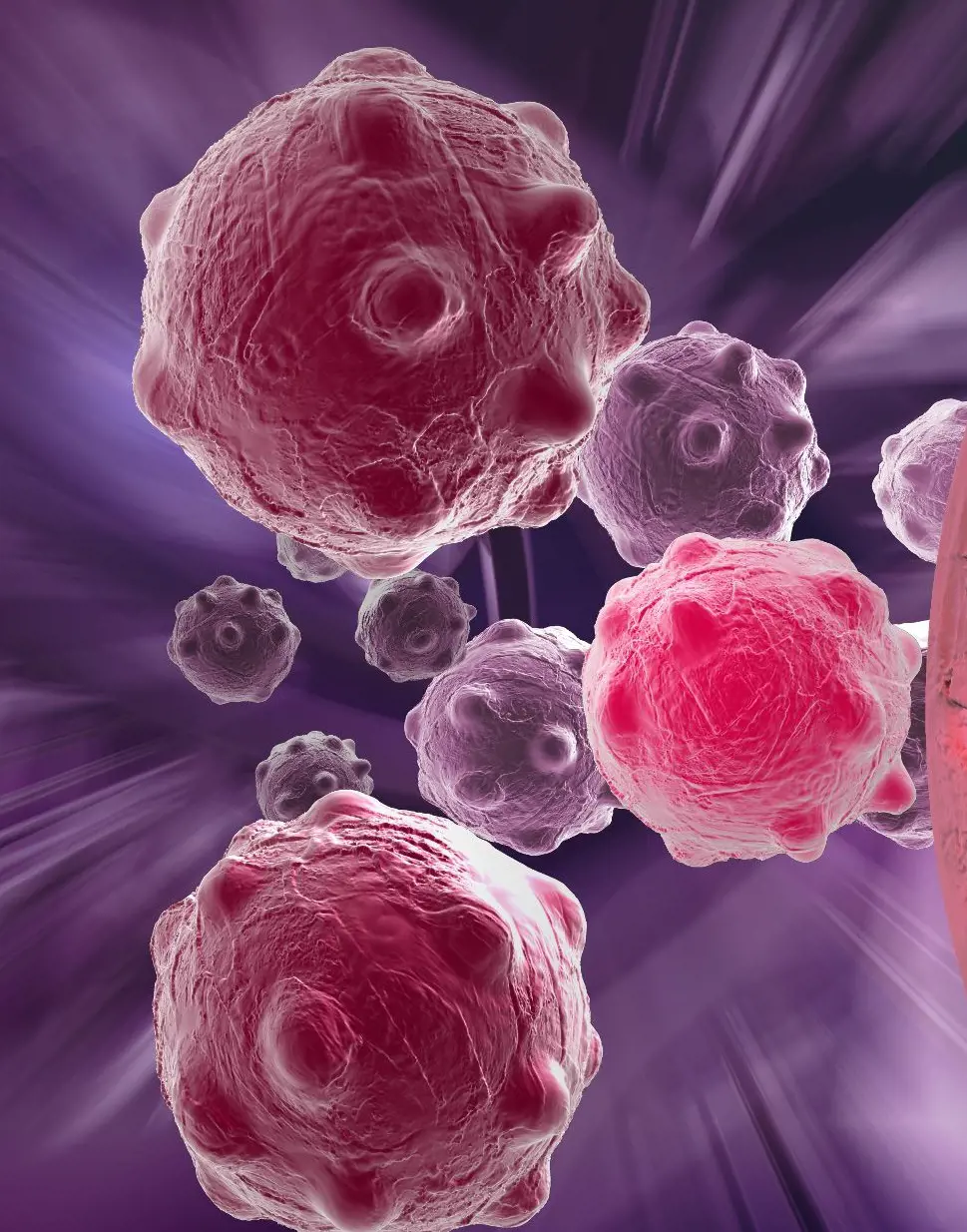
Olive oil is rich in antioxidants with the capacity to prevent and combat cancer. The antioxidants in this liquid fat can lower oxidative injury due to free radicals and neutralize them, stopping the cells from evolving into cancer. Oleocanthal, the phenolic antioxidant, kills cancer cells and keeps normal cells secure.
Another antioxidant compound, hydroxytyrosol, discovered in olive oil, exhibits potent anti-cancer properties. It decreases cell expansion and causes the extinction of cancer cells. So, it shows antitumor effects on certain cancers such as breast, colon, pancreatic, melanoma, and leukemia.
5. Reduce Bad Cholesterol
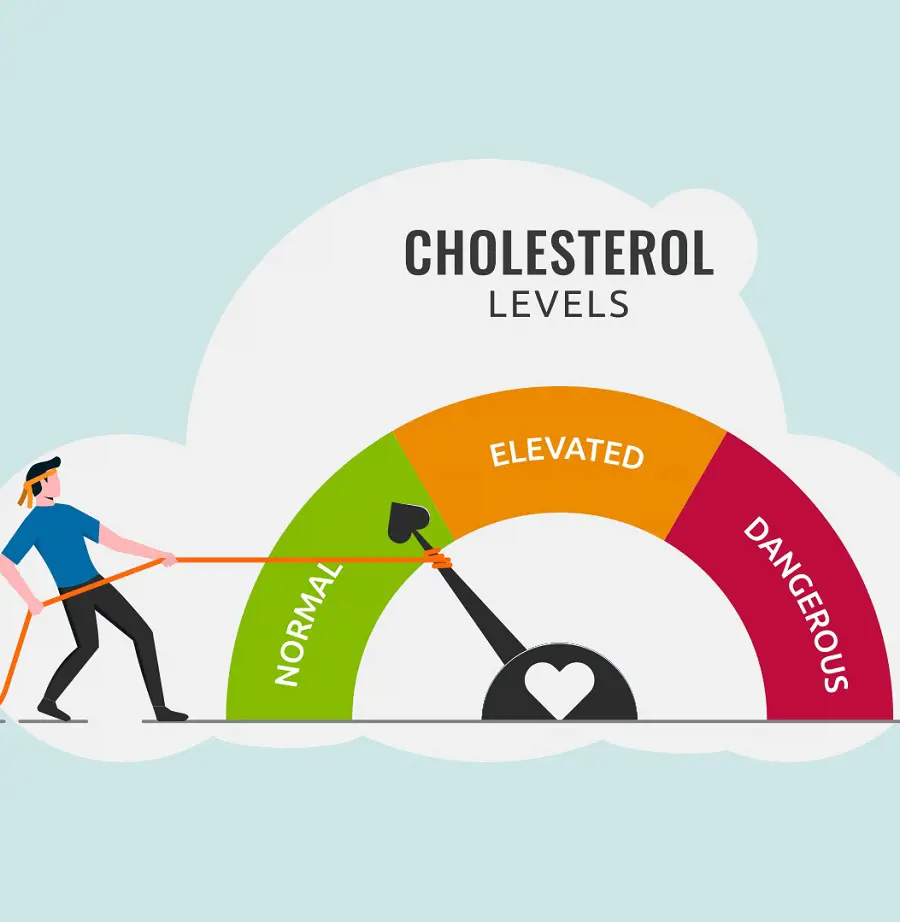
Too much LDL cholesterol can raise heart disease risk and other serious illnesses, opposingly, HDL cholesterol keeps you safe. To maintain the balance of these cholesterols, olive oil is a smart addition to your meal plans and a perfect replacement for less beneficial fat sources.
Compared to other plant oils, this oil decreases total cholesterol level and increase HDL. This liquid fat is packed with antioxidants and the healthier kinds of fats like omega-9 fatty acids and monounsaturated fats. These fats are good for lowering the unhealthy cholesterol level and ultimately cardiovascular disease risk.
6. Hydration & Moisturization

Say goodbye to dry patches. When it comes to hydration, olive oil is a skin superhero. It sinks deep into the skin, lets your skin cells bathe in moisture, and leaves a healthy, radiant glow. It also can be a game-changer for acne-prone skin, as it's antibacterial and moisturizing and supports maintaining a proportional complexion without extreme dryness.
The skin benefits are due to an abundance of antioxidants, specifically vitamin E, phytosterols, and polyphenols. So, when it's used for oil cleansing, these beneficial plant compounds not only help clear pollutants but also protect the skin from environmental impurities and oxidative stress. This protective layer can lower the odds of premature aging and keep the skin glowing.
7. Protective Against Heart Disease

For many reasons, olive oil is a heart-healthy food. Monosaturated fats, antioxidants and anti-inflammatory compounds make it a supportive friend of heart functions. Moreover, following a Mediterranean diet, inclusive of whole foods, can increase the benefits the oil singly offers.
This liquid fat is rich in polyphenols and oleic acid, which have antioxidant and anti-inflammatory properties known to decrease the heart disease process. Consuming more than half a tablespoon of this oil daily is very beneficial for you, as some studies prove that olive oil intake decreases cardiovascular disease rate by 19%.
8. Aids In Weight Loss

Consuming excessive amounts of fat leads to weight gain, but olive oil includes beneficial fat, which shows a favorable influence on your body weight. The monounsaturated fatty acids (MUFA) are known to assist with weight management by increasing metabolism and decreasing appetite and body fat.
Making this fat a part of your diet makes you feel fuller for long periods and lowers cravings for unhealthy snacks and junk food. In addition, it helps to raise metabolism by burning more calories as the compound called polyphenols aids in boosting the calories your body burns.
9. Good For Digestion

Olive oil packs healthy components that benefit your digestive health. It includes polyphenols, which can instantly absorbed by your intestine, which is linked to enhanced immunity and reduced inflammation. These compounds also raise healthy bacteria called bifidobacteria in the digestive system.
In addition, it helps to relieve constipation by getting stools to move at a balanced pace. Taking one tablespoon of olive oil on an empty stomach is considered to ease constipation in healthy adults. Moreover, monosaturated fats in this oil efficiently allow the absorption of fat-soluble vitamins which are an inevitable part of gut health.
10. Supports Brain Health

Olive oil is very beneficial for your brain's overall function. The most prominent fatty acid, oleic acid, in this oil, is a major contributing factor to enhancing memory and lowering Alzheimer's biomarkers. Extra virgin olive oil (EVOO) improves the blood-brain barrier function and active connectivity between distinct brain areas.
Additionally, refined olive oil raises the functional brain activation for memory function in the brain. It also helps to reduce fatal dementia risk. So instead of fats like margarine and commercial mayonnaise, incorporate naturally produced olive oil, a brain food, for improving brain health and boosting your mood.
11. Has Strong Anti-inflammatory Properties

Oleocanthal, polyphenols and antioxidants, almost every major component of olive oil has anti-inflammatory properties. These compounds are supposed to calm the over-excited immune system. As a result, different effects of inflammation are substantially minimized.
The exaggerated immune system needs to be controlled on time, otherwise else, it can result in severe chronic conditions including type 2 diabetes, arthritis and Alzheimer's. The powerful anti-inflammatory properties can be observed simply by massaging olive oil over the knee of an individual suffering from osteoarthritis, it helps to ease the pain. In this case, olive oil works similarly to analgesic lowering inflammation, spasms, and swelling.
12. Improve Bone Health
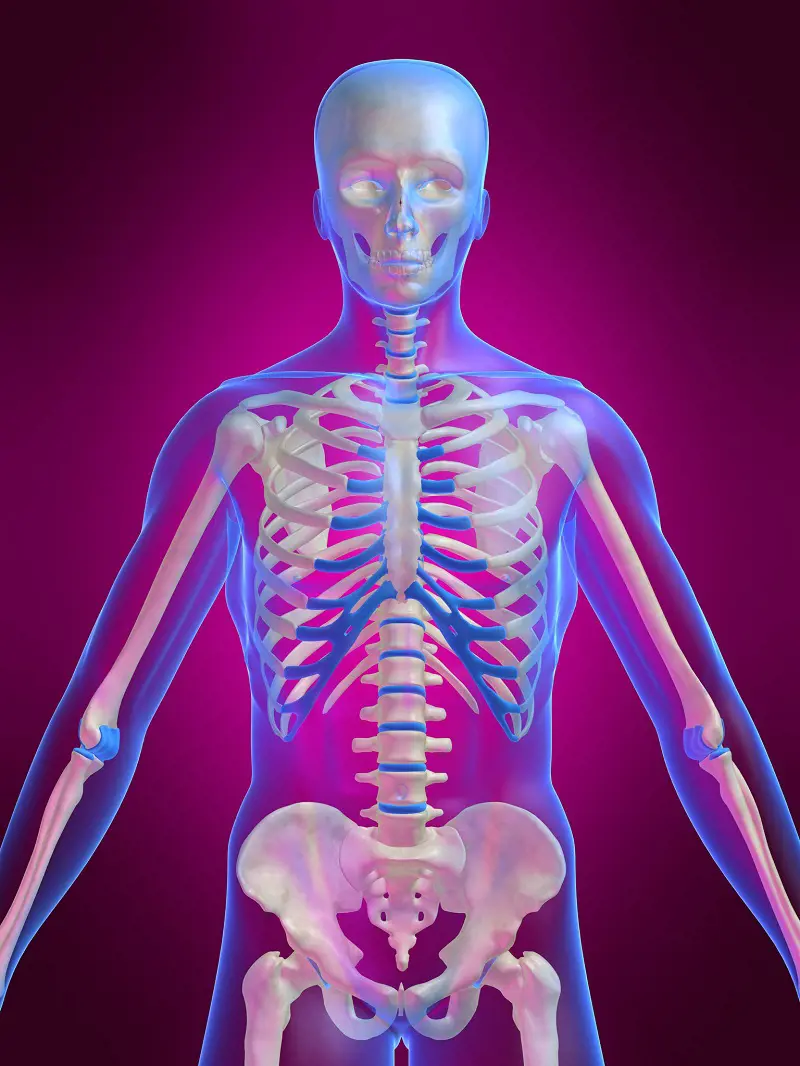
Olive oil is an incredible source of polyphenols, which are beneficial for supporting your bones. This antioxidant has anti-inflammatory properties, which may activate mechanisms that assist in controlling bone breakdown and encourage bone formation. It also enhances bone mineral density and bone strength, as they have the capability to stimulate numbers of bone-building cells.
It's also a crucial anti-osteoporosis intervention food. It is rich in the major component, oleuropein, which helps in lowering bone loss and preventing osteoporosis. It even offers anti-endometrial effects while protecting the cardiovascular system.
Olive Oil Nutritional Value
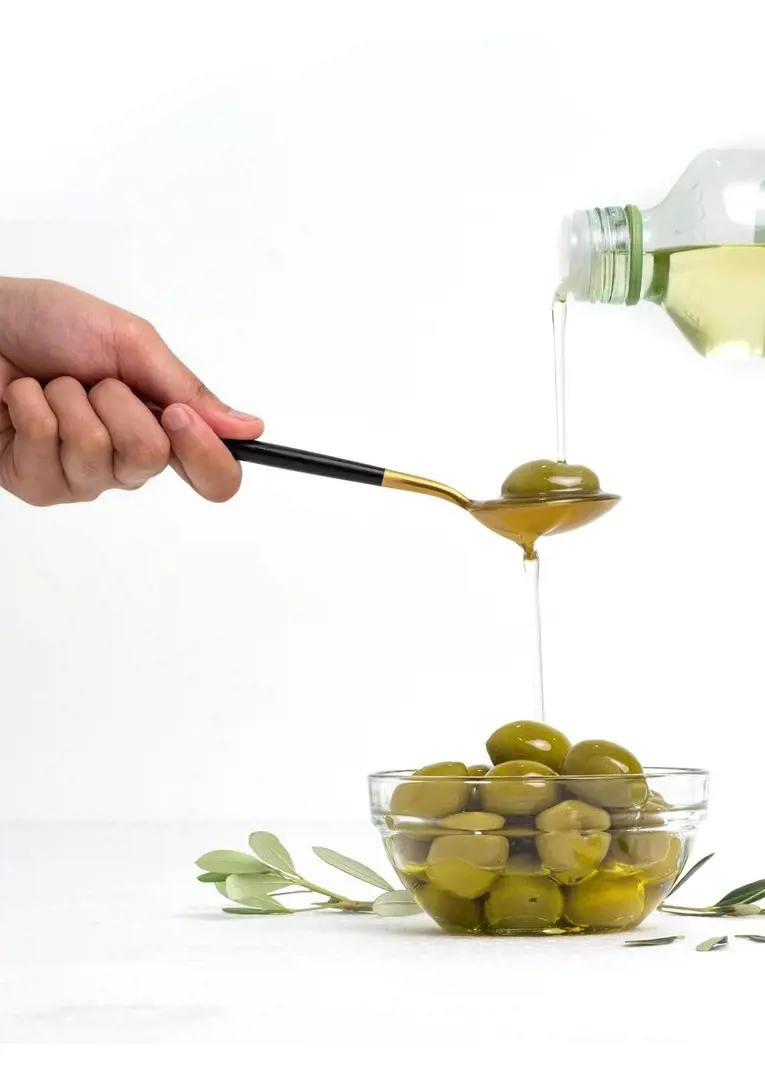
Olive Oil is a nutritional powerhouse. Among the different types, extra virgin olive oil is abundant in vitamins and powerful antioxidants. One tablespoon of extra-virgin olive oil provides:
- Calories: 120
- Fat: 14 gram
- Saturated fat: 2 gram
- Monounsaturated fatty acids (MUFAs): 10 gram
- Polyunsaturated fat (PUFA): 1.5 gram
- Protein: 0 gram
- Fiber: 0 gram
- Sugars: 0 gram
- Carbohydrates: 0 gram
Olive oil mostly includes heart-healthy unsaturated fats with low saturated fat. Besides this, some key nutrients in these liquid fats include oleic acid, oleocanthal, hydroxytyrosol, and phytosterols.
Recent posts
Nutrition
Nutrition
Liquorice Root: Benefits And Uses
You can spell it liquorice or licorice; this herb or root has been in use for centuries in most medicinal applications, as a natural sweetener and to enhance flavors. Regarding its origins, it comes from the root of the "Glycyrrhiza galbre" plant and...
Nutrition
Is Ramen Healthy? Here's What Dietician Says
Ramen is a traditional dish from Japan that in the recent era has become a global phenomenon. This beloved and comforting soupy dish however has been questioned, when it comes to its nutrition. Best for those looking for a quick (instant), affo...
Nutrition
Is Wheat Bread Healthy? An Expert Picks
Wheat bread has been proudly celebrated as a dietary staple in countless homes for as long as people can remember. It has earned a reputation as a healthier alternative to white or any other processed bread, that no one can deny. Because of its evide...
Nutrition
Is Sausages Healthy? Nutrition And Health Benefits
Sausages are tasty in an addictive way, making them one of the most popular foods worldwide. You may have enjoyed this convenient food often, whether on a bun with mustard or grilled on a barbecue, the simple preparation methods are what makes its co...
Nutrition
Ice Cream Benefits: Nutrition, Potential Risks And Best Choices
Not gonna lie, ice cream is often taken as a guilty pleasure treat, a delightful treat that takes you to cloud nine but is frequently associated with negative health implications. Nonetheless, the happy news is when devoured mindfully, ice cream can ...
Nutrition
Is Sushi Healthy? Some Good and Bad Choices
Sushi is a wholesome meal and a beloved Japanese dish. The traditional sushi recipe is a simple combination of fresh fish, vegetables, and vinegared rice which is popular for its minimalistic preparation. As with any food, there are factors that dete...


